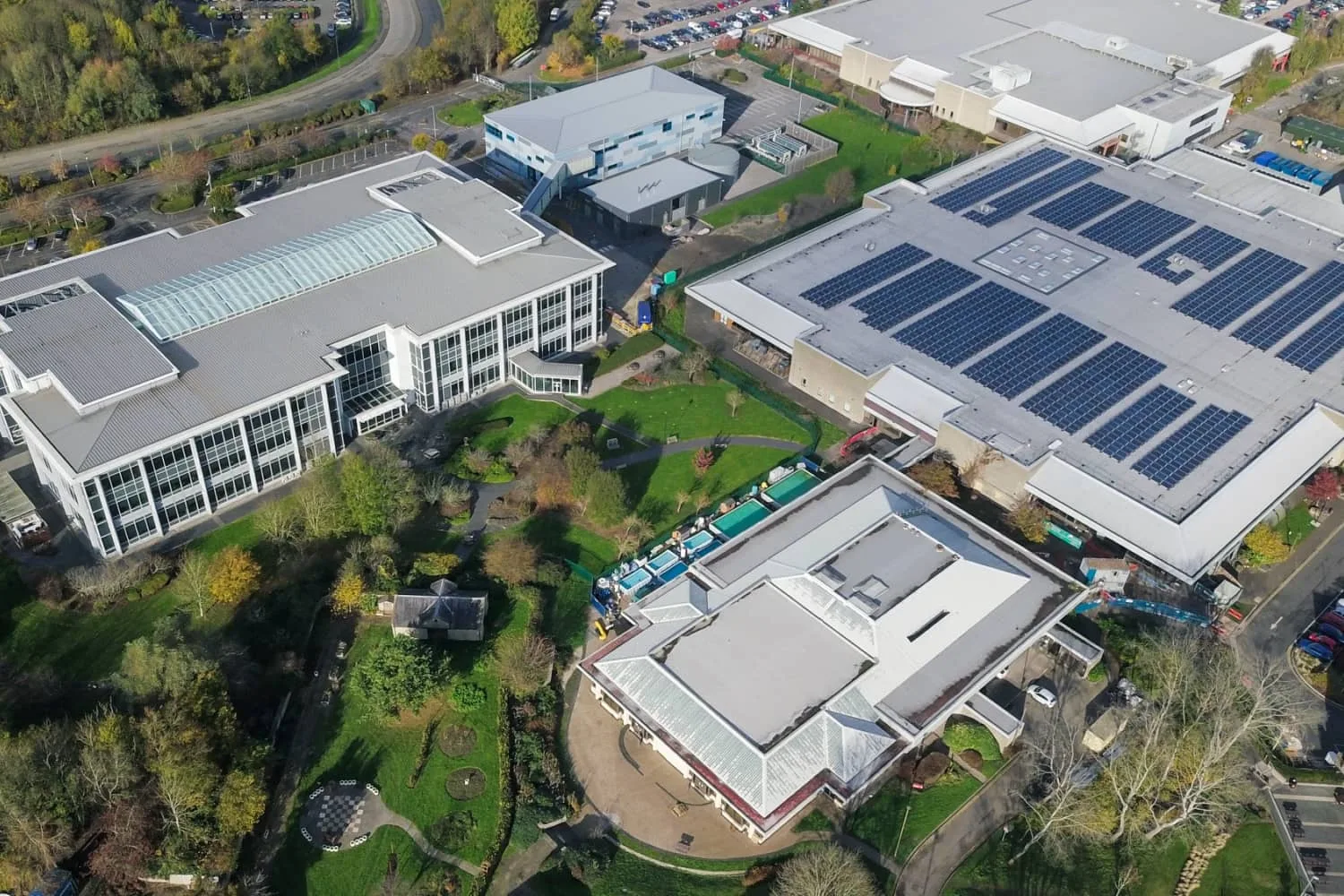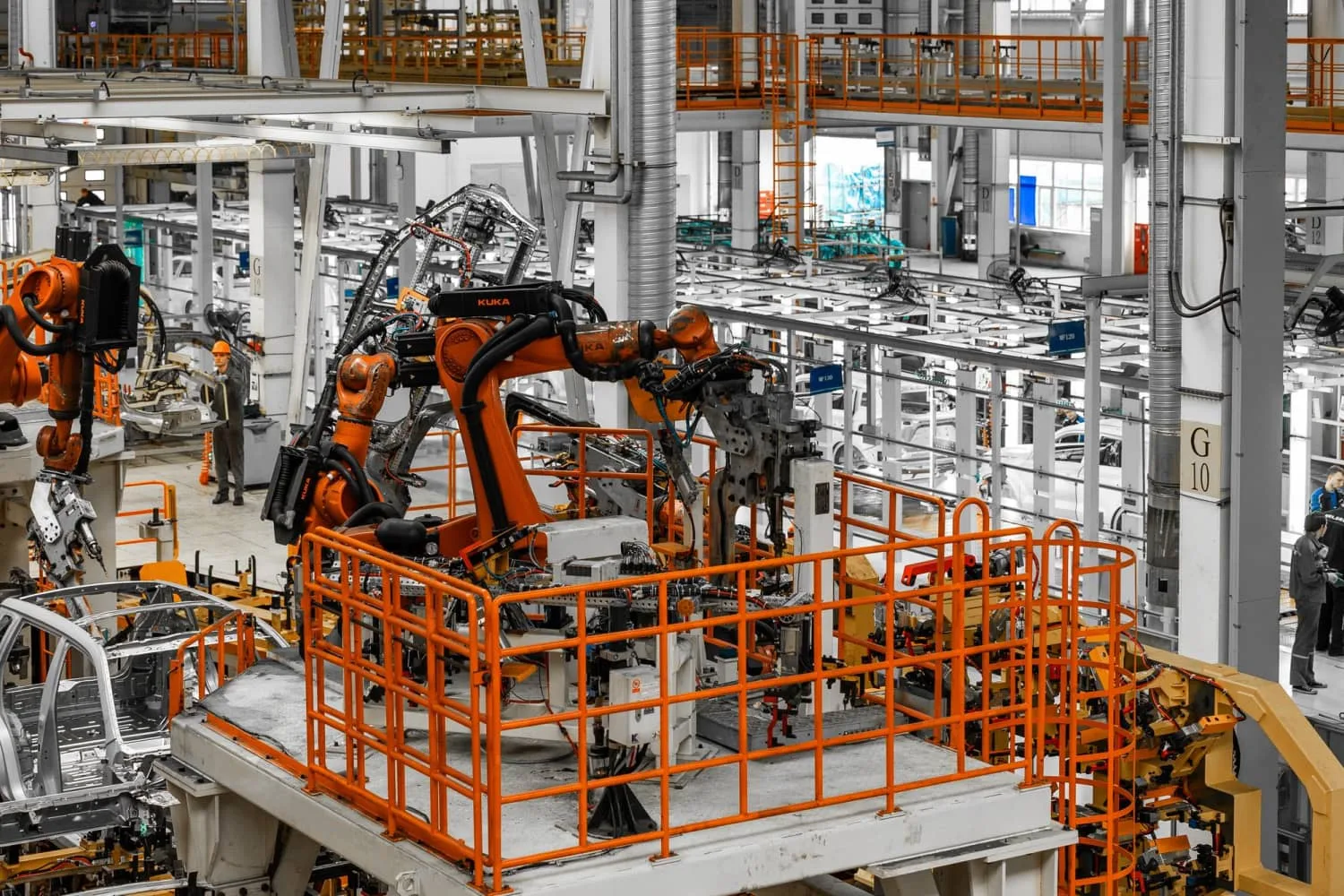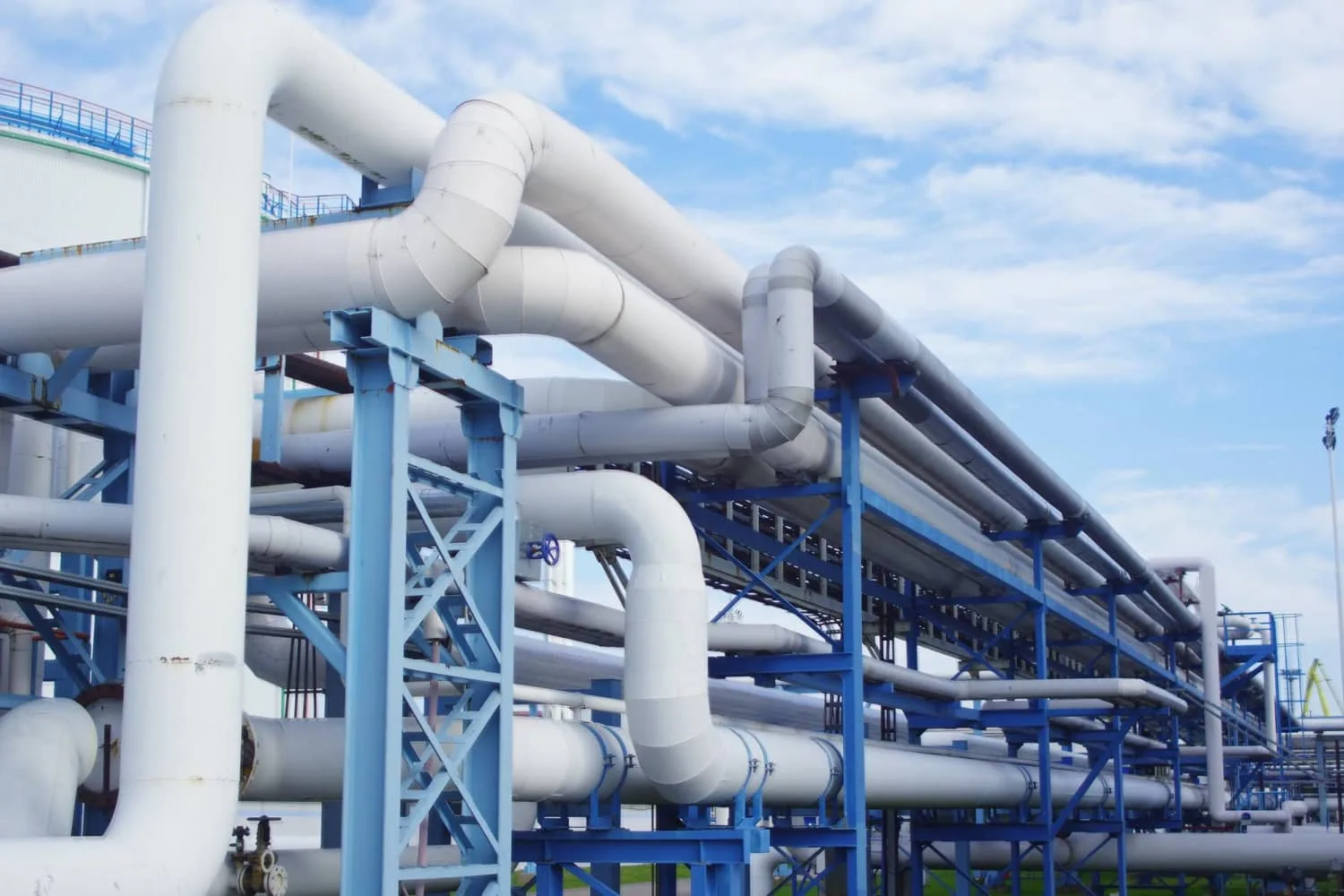The demand for advanced industrial ecosystems is rising, but the supply of truly smart industrial parks in Indonesia and Southeast Asia remains limited. Unlike traditional estates, a smart industrial park integrates location, technology, and sustainability to drive long-term competitiveness.
If you’re looking to secure the next big manufacturing base in Southeast Asia, the window is narrowing. Read on to see why smart industrial parks are defining the future!
Definition of a Smart Industrial Park and The Key Features
A smart industrial park is a modern industrial area that integrates advanced technologies and sustainable practices. The goal is to create an efficient, innovative, and environmentally responsible ecosystem for global manufacturing.
The key features of a smart industrial park are:
- Technology integration, such as IoT, big data, AI, and automation, is used to optimize tenants’ operations, simplify monitoring, and increase productivity.
- High-speed connectivity with fiber-optic networks and 5G infrastructure to support real-time data sharing and intelligent decision-making.
- Smart infrastructure that includes energy-efficient smart grids, automated water and wastewater management systems, and sensor-based monitoring to minimize resource use and environmental impact.
- Collaborative ecosystem to promote supply chain and industrial symbiosis.
- Sustainability standards with green building practices, strict pollution controls, and renewable energy integration.
- Smart mobility and logistics to support seamless transportation.
This industrial zone system will strengthen long-term competitiveness in the global market.
Key Benefits of a Smart Industrial Park

The benefits for businesses and investors include:
1. Enhanced Operational Efficiency and Productivity
Smart industrial parks provide advanced infrastructure that empowers industries to operate more efficiently. With the Internet of Things (IoT), automation, and real-time data analytics, tenants can monitor operations, predict maintenance needs, and quickly resolve issues. Therefore, businesses can produce more with less waste and fewer errors, which ultimately results in better profitability.
2. Significant Cost Savings
Smart energy management via smart grids, renewable energy sources, and efficient water and waste treatment systems significantly reduces utility and operational costs. More effective resource use means companies spend less on energy and raw materials, improving margins. Additionally, lower maintenance costs result from predictive analytics and automation.
3. Improved Safety and Risk Management
With sensors and AI monitoring, workplaces become safer as risks are detected early and accidents are prevented. Predictive models help avert equipment failures, while automated safety checks reduce human error. This protects workers, reduces liabilities, and avoids costly production stoppages.
4. Environmental Sustainability and ESG Compliance
Smart industrial parks are designed with eco-friendly infrastructure and green building standards. Waste reduction, energy efficiency, and pollution control significantly lower the environmental footprint. This attracts ESG-conscious investors, opens access to green financing, and enhances brand reputation in increasingly eco-aware markets.
5. Better Supply Chain and Logistics Integration
Smart mobility solutions support a smooth and timely flow of goods. With direct access to Patimban Seaport, Kertajati Airport, and the Trans Java Toll Road, Subang Smartpolitan supports smooth goods movement, faster distribution, and optimized supply chains to enhance customer satisfaction.
6. Quality of Life and Talent Retention
Integrated work, live, learn, and play environments with residential, commercial, and leisure facilities improve employee well-being and retention. A satisfied and stable workforce supports consistent business growth and operational stability.
Why Smart Industrial Parks Are the Future of Manufacturing

Smart industrial parks directly address challenges such as rising costs, supply chain disruptions, and increasing pressure to meet sustainability goals. As a result, businesses can operate faster and smarter.
With technologies like IoT, automation, and real-time analytics, they minimize downtime, boost productivity, and give businesses the agility to compete in a fast-changing global market.
Connectivity is built into their design. Integrated logistics and access to key transport hubs streamline supply chains, cut delivery times, and reduce costs. At the same time, smart grids, water recycling, and advanced waste systems lower operating expenses while meeting global sustainability standards.
These parks also prioritize safety and people. Automated monitoring reduces risks, while work, live, learn, and play environments support talent retention and long-term growth.
Core Features of Smart Industrial Parks in Subang Smartpolitan
As one of Indonesia’s smart industrial parks, Subang Smartpolitan offers:
- Smart grid system for energy consumption monitoring and optimization to reduce electricity costs.
- Sustainable water management using innovative sensors and online systems for cost-effective water supply chain management.
- Wastewater drainage system with smart flow sensors in treatment plants to enhance sustainability and reduce labor costs.
- Advanced technology and IoT systems to improve productivity and cost efficiency throughout the park.
Subang Smartpolitan as a Leading Smart Industrial Park in Indonesia

When it comes to scaling in Indonesia, location can make or break your operations.
Subang Smartpolitan sits at the heart of West Java’s growth area, strategically linked to Patimban Port, Kertajati Airport, and the Trans Java Toll Road. Combined with Industry 4.0-ready infrastructure and a sustainable ecosystem, it’s the smart choice for businesses aiming to expand efficiently and competitively.
Visit our website now and see how Subang Smartpolitan can accelerate your business!
FAQ about Smart Industrial Park
1. What is a smart industrial park in simple terms?
A smart industrial park is a specially planned area where factories and businesses use advanced technology like automation and sensors to work more efficiently, safely, and in an environmentally friendly way.
2. How does a smart industrial park support sustainability?
It uses green energy, smart water and waste management, and environmentally friendly designs to reduce pollution and save resources, helping protect the environment while running businesses.
3. What industries are best suited for smart industrial parks?
Industries like automotive, electronics, pharmaceuticals, and fast-moving consumer goods (FMCG) benefit most because they need advanced technology, reliable supply chains, and sustainable practices.
4. Why should investors consider a smart industrial park in Indonesia?
Indonesia offers a stable economy, a large market, a skilled workforce, and government support. Therefore, a smart park here provides modern infrastructure, sustainability, and connectivity to global markets, which are ideal for growth and profit.
5. What facilities are usually available in a smart industrial park?
These parks offer high-speed internet, smart power grids, water and waste treatment, logistics hubs, security systems, and sometimes residential, commercial, and recreational areas to support businesses and workers.


